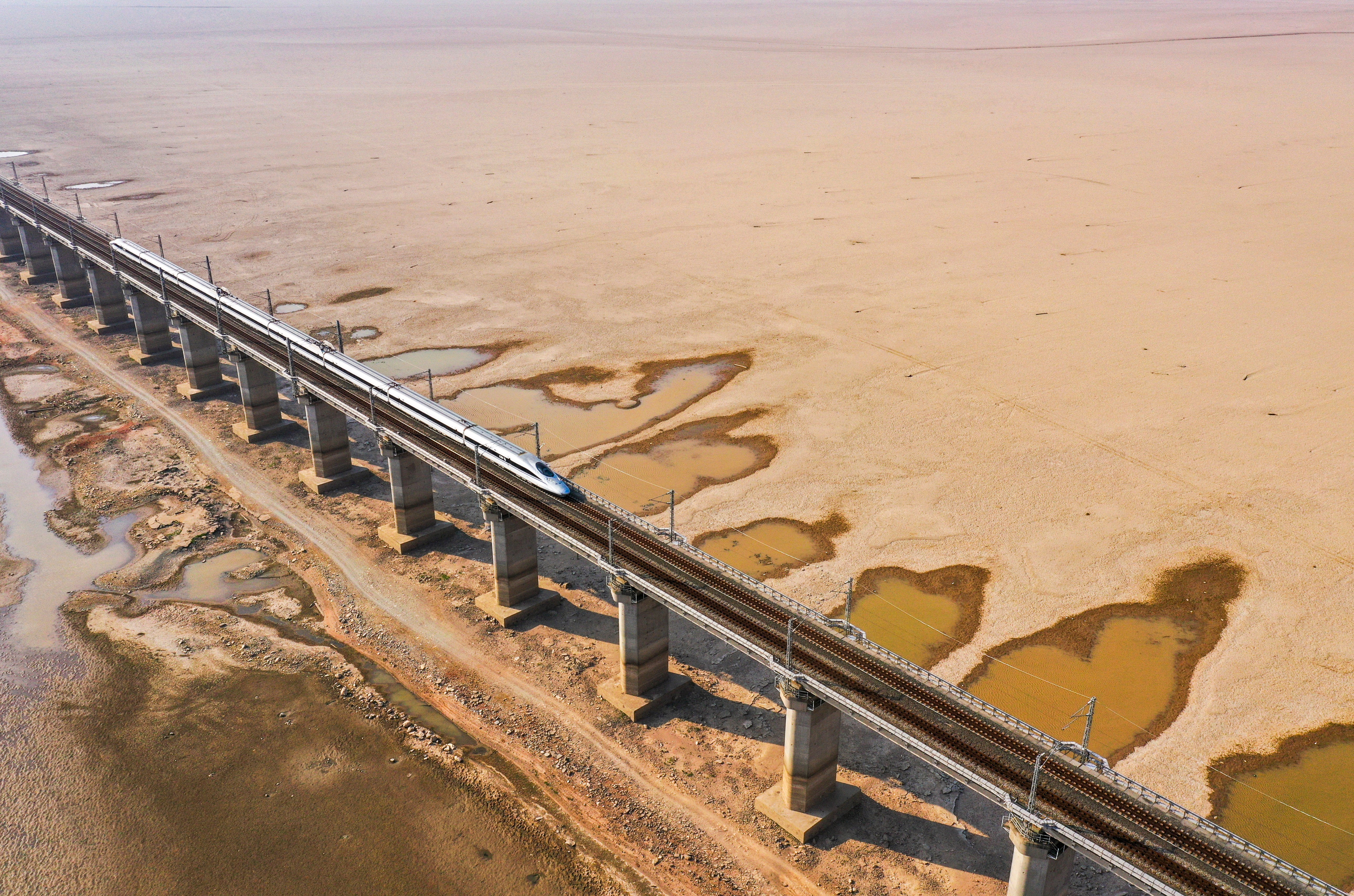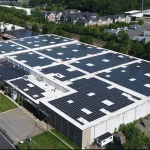
Last year, the world watched as extreme heat and drought killed people in Asia and sub-Saharan Africa, and floods devastated parts of Pakistan and the Philippines. This year we have seen torrential rains submerge parts of the California coast. These events highlight the devastating role water plays in our changing climate. This is what I have been researching for the last 20 years.
In between all these events, I attended my first ever COP (United Nations major climate change conference). My expectations here were mixed. In my conversations with members of the Water Network I work with, it was clear that we have a lot of work to do to make it a more important part of the climate negotiation process. Surprisingly, COP27 did just that. Policy makers and advocates have focused, perhaps for the first time, on the interaction of climate change and water.international agreement (called COP cover determination) Emerging from days of negotiations, it prioritized the need to focus on water systems and water-related ecosystems with climate adaptation benefits. The agreement cements the idea that water is a valuable resource that can help make societies more resilient to the impacts of climate change.
This was a big win. The talks at COP27 will also support international cooperation in building water security for countries and communities, and in building reliable systems in which societies have access to adequate amounts of clean water (not too much, not too little). emphasized the need for
Last year’s IPCC Sixth Report made it clear that climate change is causing water insecurity. The report, published by the United Nations, also shows how extreme water conditions such as floods, scarcity and drought are linked to the natural hydrological cycle. It is affected by climate. In addition, water and climate influence food availability, and the global food crisis reflects that connection. What we are seeing now is more agricultural failure and food insecurity than ever before, with rising levels of inequality, vulnerability and insecurity. We are watching this grim scenario play out in the poorest and most vulnerable communities.
My agency, the International Institute for Water Management, and other groups working on water are committed to these efforts by supporting governments (Parties in COP parlance) to meet the ambitious goals of the Paris Agreement. We can help address critical issues. This can be achieved by better serving new scientific data. This could explain the increasing unpredictability of water. Additionally, scientific innovation can be used to develop new ways to measure and respond to unexpected changes in rainfall. Our joint efforts at COP27 have laid some of the foundations for that.
IWMI and several other organizations focused on water use and water security were established and managed by the Government of Egypt at COP27 to discuss and share experiences on the role of water in a changing climate. I have planned several events in the space, the Water Pavilion. Our goal was to highlight the need to put water security at the center of the climate crisis. Led by the Egyptian Ministry of Water Resources and Irrigation, the Water Pavilion event mobilized over 30 global organizations, agencies, governments and businesses to provide cutting-edge, science-based advice to decision makers and negotiators.
We shared how satellite-based early warning systems Scenario modeling helps identify robust solutions for water management. We showcased the importance of climate-smart agriculture as a means of ensuring food security. In addition to the work my organization has done in the session linking climate science to policy and funding, and the key discussion on water security called the High Level Roundtable, we are calling on countries and regions where We have come together to make water an important part of the climate debate. The challenge to water security is an understatement.
Our work at the Water Pavilion explores the complex water issues in policymaking (allocation, procurement, restoration, financing and investment) and the need for funds to address the water losses countries experience due to climate change. reflects the Our collaboration will explore the need for extreme hazard management, the impact of water instability on health and food availability, what happens to the environment when water changes, and how water is a driving force for peace and cooperation. It showed what happens when all groups with vested interests in some aspect of water stop taking a piecemeal approach and work together. it was the voice That one voice of his built on last year’s commitment to do what was never really possible before. So put water on the table and make it one of the most important things there.
In retrospect, perhaps in the process of preparing for COP28, water organizations like myself changed the way they approached negotiations and helped COP delegates by offering a new scientific agenda on water. You must commit to Often government agencies, they have the best data and evidence available to navigate uncertainty and support negotiations. Our representatives have influence, not us, and their decisions could change the way governments and policy makers treat water in remediating and adapting to the climate change crisis.
If those in power left water out of their decision-making, the world would face extreme losses. Water is not only a destructive and life-giving force, it is also an economic force. The exorbitant cost of grain and the food crisis caused by the trade disruptions caused by the Ukrainian war are amplified locally because of water insecurity. , increasing instability. If we don’t plan now how to survive both the dangers water poses and the life it poses, the cycle will continue.
Resilient, nature-based solutions for water security are possible, with positive results.A project I’m working on in the Middle East and North Africa called Al Murunah We develop action-oriented field demonstrations and recommendations to improve the resilience of crop, livestock and fish production systems while protecting, sustainably managing and restoring ecosystems. Its aim is to increase water security in Jordan, Lebanon, the Occupied Palestinian Territories, and Egypt by integrating nature-based solutions for water and agricultural water management.
Water is both complex and simple. Ultimately, there is too much, too little, or too little quality at any given place and time. Our united voice for water achieved a milestone in November. We have finally convinced the world political stage that the climate crisis is a water crisis. The real work is from now on.










